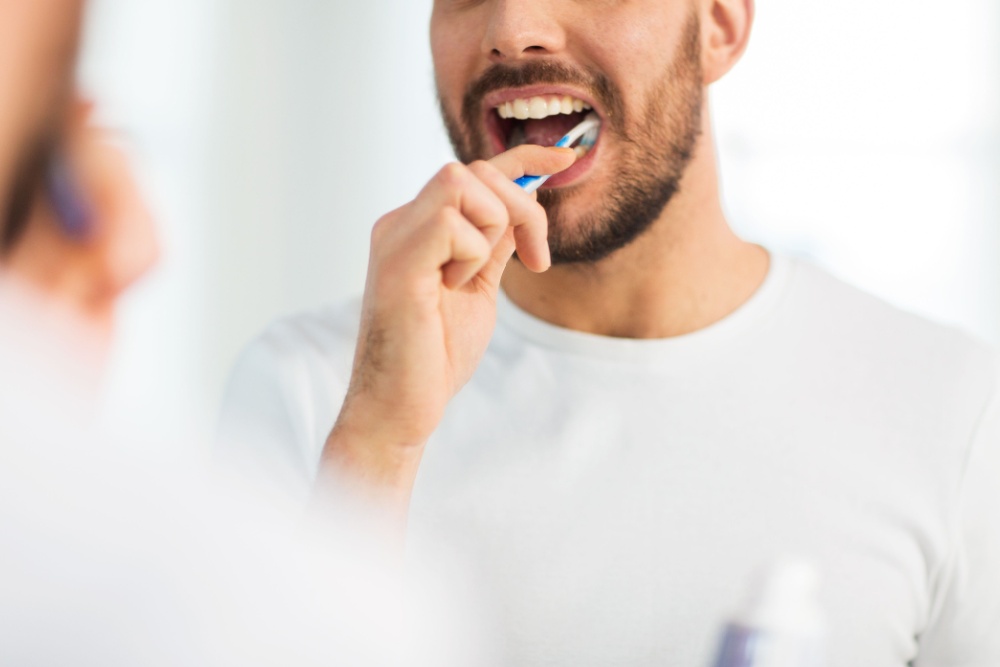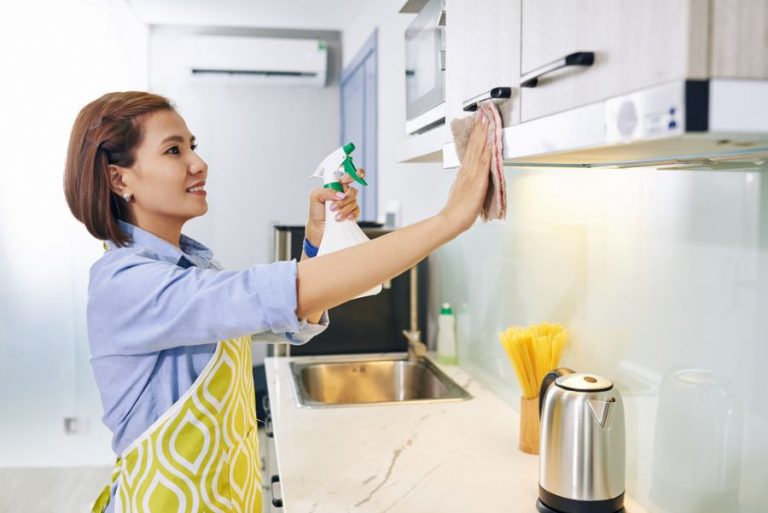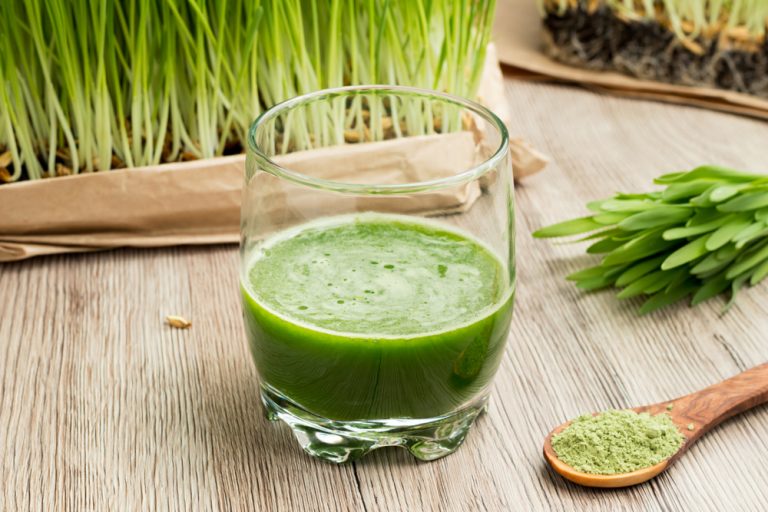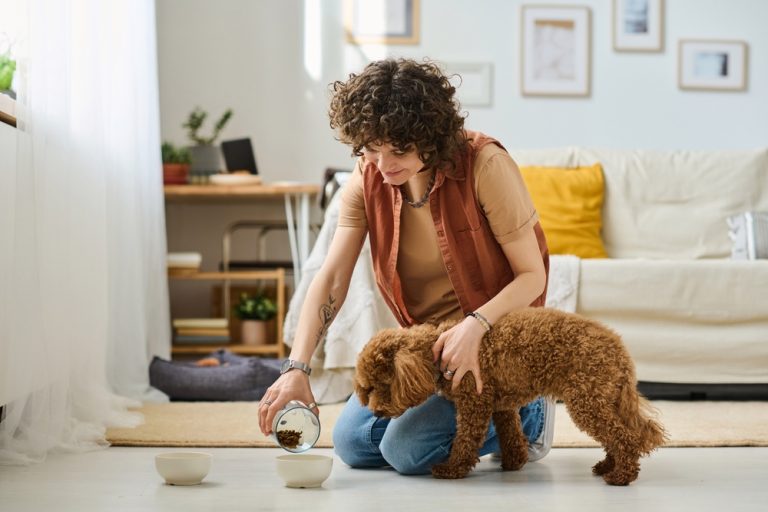What Are the Effects of Good Personal Hygiene on Our Well-Being?
Ever notice how a simple shower can instantly lift your mood, or how brushing your teeth makes you feel ready to face the world? These small daily rituals, often done on autopilot, are part of something much bigger: personal hygiene. We often consider hygiene as just keeping clean to look presentable or avoiding smelling bad. But the truth is, how hygiene affects health runs far deeper, weaving itself into the very fabric of our physical, mental, and social well-being.
Personal hygiene is the fundamental act of self-care that profoundly affects overall health. Think of it as building a strong foundation for a healthier, happier life. In our busy lives here, juggling work, family, and everything in between, it’s easy to let these simple habits slide. But taking a moment to understand why they matter can motivate us to recommit to them.
Let’s explore the incredible benefits of good hygiene and uncover the surprising ways these practices protect and enhance our lives daily.
What Exactly is Personal Hygiene?
When discussing personal hygiene, most people immediately think of washing hands and bathing. While these are crucial, personal hygiene encompasses a broader range of practices aimed at maintaining health and preventing the spread of disease through cleanliness. It includes:
1. Body Hygiene: Regular bathing or showering to remove sweat, dead skin cells, dirt, and germs.
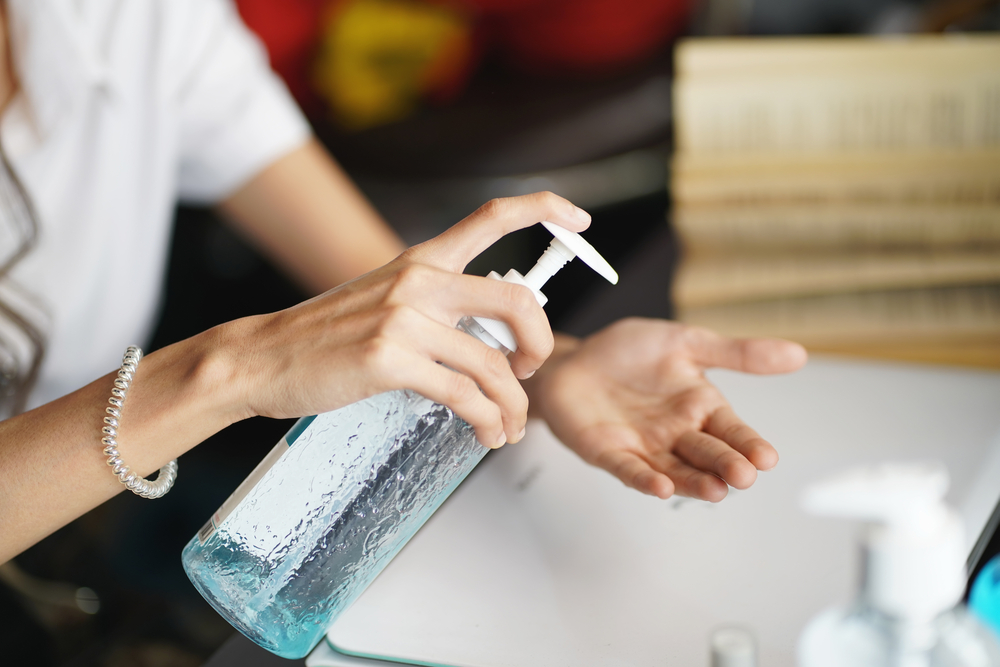
2. Hand Hygiene: Frequent and proper handwashing with soap and water, especially before eating, after using the toilet, and after coughing or sneezing. This is perhaps the single most effective way to prevent infections.
3. Oral Hygiene: Brushing teeth at least twice a day and flossing daily to prevent gum disease, cavities, and bad breath.
4. Hair and Nail Care: Keeping hair clean and nails trimmed and clean to prevent the buildup of dirt and microbes.
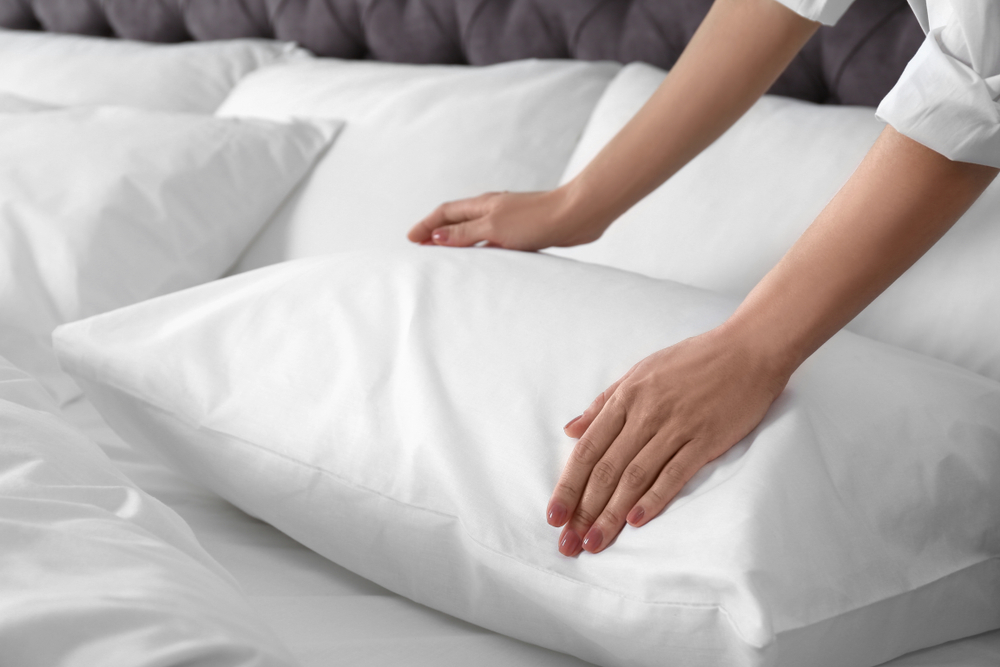
5. Clothing and Bedding Hygiene: Wearing clean clothes and regularly washing clothes, towels, and bed linens to eliminate germs.
6. Home Environment: While not strictly personal hygiene, maintaining a clean living space is crucial as it reduces the places where bacteria and viruses can thrive. Simple steps can help prevent bacterial growth at home.
These practices are a consistent commitment, a collection of habits that collectively shield us from harm and contribute to our overall vitality.
Benefits of Good Hygiene
This is where the link between hygiene and health is most obvious. Our bodies constantly face millions of germs: bacteria, viruses, fungi, and parasites. Many are harmless, but some can cause illness. Good personal hygiene acts as our first line of defense.
So, how important is personal hygiene?
It prevents infectious diseases.
Think about common illnesses like the cold, flu, diarrhea, or skin infections. How are they often spread? Through contaminated hands touching our eyes, nose, or mouth, or through contaminated food and water. Proper handwashing drastically reduces the transmission of these pathogens. The simple act of lathering soap and water for 20 seconds can wash away viruses and bacteria that cause respiratory and gastrointestinal illnesses. According to health experts, consistent hand hygiene is paramount in breaking the chain of infection.
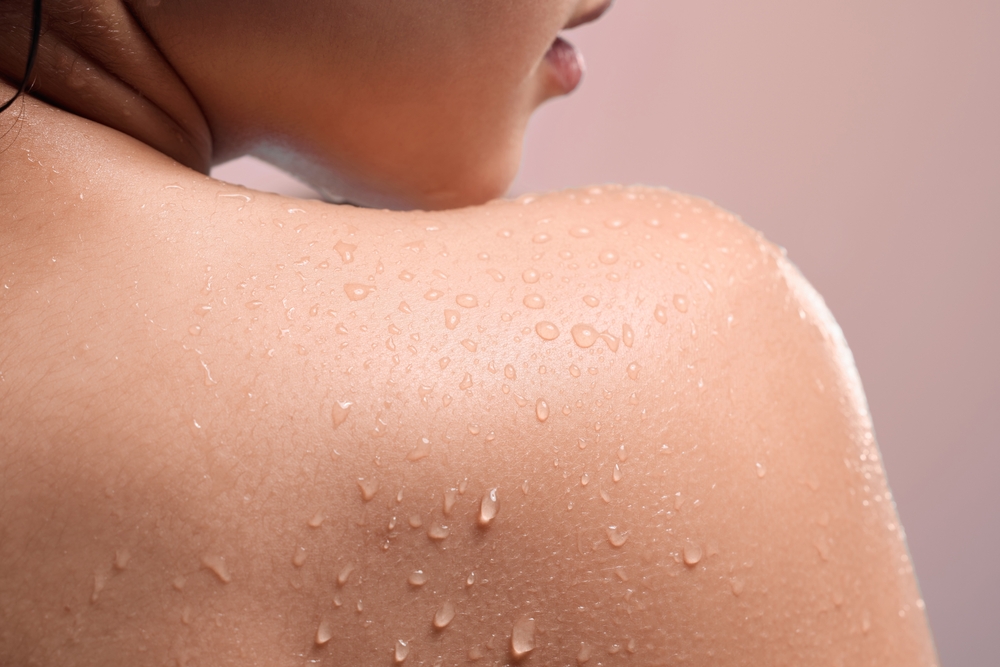
It protects your skin.
Our skin is our largest organ and a vital protective barrier. Regular bathing removes dirt, sweat, and oils that can clog pores and lead to skin problems like acne, body odor, and more serious infections like cellulitis or fungal infections (like athlete’s foot or ringworm). Keeping skin clean and dry, especially in folds and creases, prevents irritation and microbial overgrowth.
It safeguards oral health.
The importance of personal hygiene extends to oral health. Brushing and flossing remove food particles and plaque, a sticky film of bacteria. If plaque isn’t removed, it hardens into tartar, leading to gingivitis (inflamed gums) and periodontitis (severe gum disease).
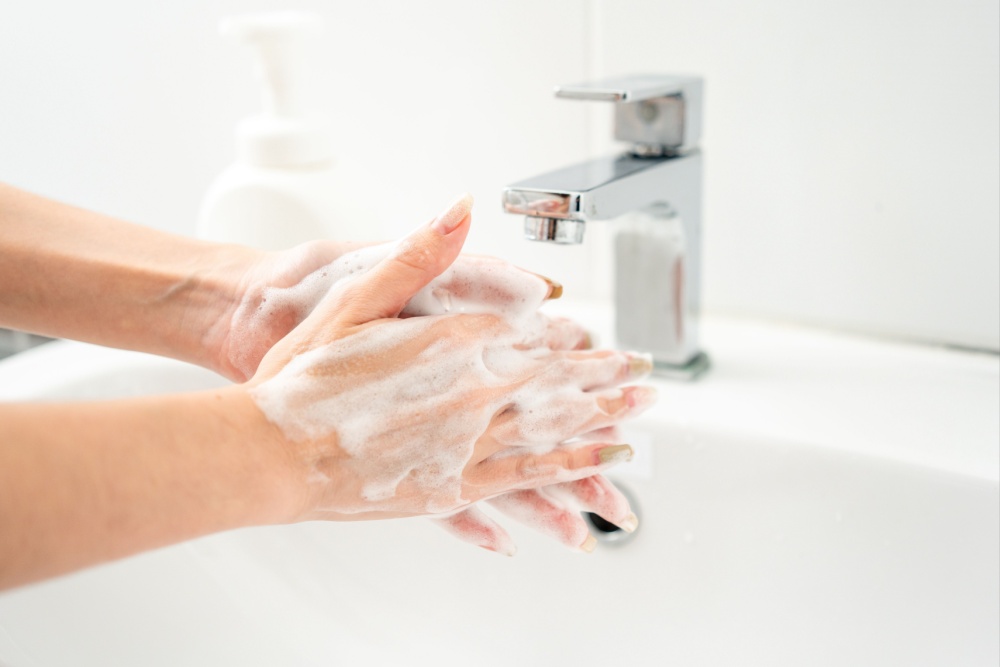
It reduces foodborne illnesses.
Washing hands thoroughly before preparing or eating food is critical. Germs from raw meat, unwashed produce, or contaminated surfaces can easily transfer to food, leading to unpleasant and sometimes dangerous illnesses like Salmonella or E. coli infections.
It keeps parasites at bay.
In some environments, parasites like lice or scabies can spread through close contact or shared items. Good personal hygiene, including regular washing of the body, hair, clothes, and bedding, helps prevent infestations.
Essentially, good hygiene minimizes our exposure to harmful microorganisms and reduces the likelihood of them entering our bodies and causing disease. It’s a proactive way to stay healthy and avoid unnecessary sick days and medical expenses.
The Effects of Good Personal Hygiene on Mental and Social Well-being
The benefits of good hygiene aren’t limited to the physical. Our state of cleanliness profoundly impacts how we feel about ourselves and interact with others.
It boosts self-esteem and confidence.
When you feel clean and fresh, you naturally feel better about yourself. Taking care of your body sends a subconscious message that you value yourself. Looking presentable – clean hair, fresh breath, neat appearance – boosts confidence and makes you feel more comfortable and capable in social and professional settings. Conversely, neglecting hygiene can lead to feelings of shame, embarrassment, and low self-worth.

It improves mood and reduces stress.
The routine aspect of hygiene practices can be grounding. Taking a warm shower or meticulously brushing your teeth can be a mindful moment, a small pocket of calm on hectic day. Feeling clean and comfortable can genuinely lift your spirits and reduce feelings of sluggishness or anxiety.
It contributes to social acceptance.
Let’s be honest: poor personal hygiene (like noticeable body odor or bad breath) can be off-putting to others. It can create social barriers, leading to awkwardness, avoidance, or even stigma. Maintaining good hygiene makes social interactions more pleasant for everyone involved. It shows respect for yourself and those around you. Good hygiene also contributes to a positive impression in professional environments and can influence how colleagues and clients perceive you.
It sets a positive example.
For parents and caregivers, practicing and teaching good hygiene habits are essential for children’s health and development. It instills lifelong routines that protect them and demonstrates the importance of self-care.
Feeling good in your skin often starts with feeling good on your skin. The psychological and social effects of good personal hygiene are undeniable and contribute significantly to a holistic sense of well-being.
Tips to Build and Maintain Good Hygiene Habits
Knowing the importance is one thing; integrating it seamlessly into daily life is another. Here are some practical tips:
1. Master Handwashing
Wash hands thoroughly with soap and running water for at least 20 seconds (sing “Happy Birthday” twice!). Do it before eating/preparing food, after using the toilet, after touching pets, after coughing/sneezing/blowing your nose, and when you get home. Carry an alcohol-based hand sanitizer for times when soap and water aren’t available.
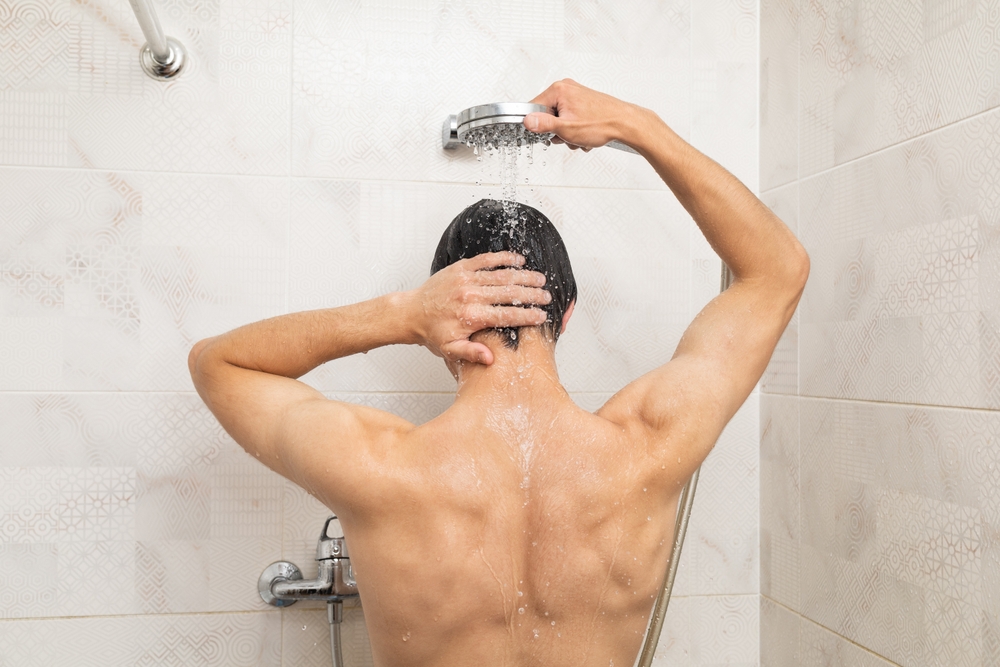
2. Bathe Regularly
Shower or bathe daily, or more often if you exercise or live in a hot, humid climate like the Philippines. Pay attention to areas prone to sweat and bacteria buildup (armpits, groin, feet).
3. Prioritize Oral Care
Brush your teeth at least twice a day for two minutes. Don’t forget to brush your tongue! Floss once daily to clean between teeth where brushes can’t reach. Seeing your dentist regularly for check-ups and cleanings is also a good practice.

4. Keep Hair and Nails Tidy
Wash your hair regularly based on your hair type and activity level. Keep fingernails and toenails trimmed short and clean underneath to prevent harboring dirt and germs.
5. Wear Clean Clothes
Change clothes daily, especially underwear and socks. Wash clothes, towels, and bed linens regularly using detergent and hot water if possible.
6. Maintain a Clean Home
Regularly clean surfaces, especially in the kitchen and bathroom, to avoid bacterial growth. Good home hygiene supports good personal hygiene.
Make these habits non-negotiable parts of your routine. Set reminders if needed, and think of them not as chores, but as investments in your health.
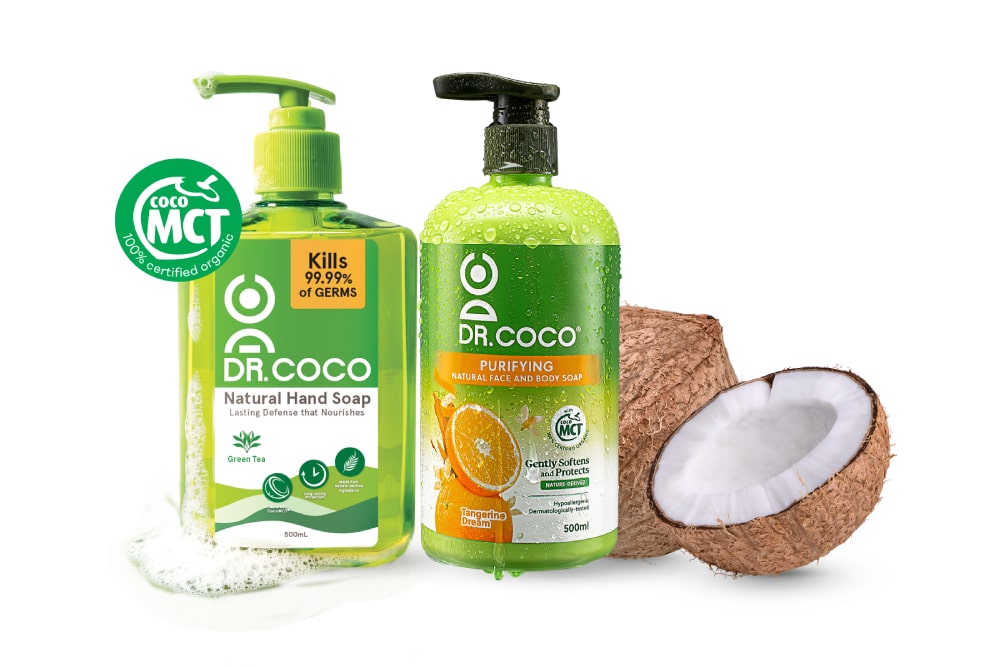
Experience the Benefits of Good Hygiene with Consumer Care
As we’ve seen, the importance of personal hygiene extends far beyond surface cleanliness. It’s a cornerstone of public health, a powerful tool for preventing disease, a booster for mental well-being, and a key factor in positive social interactions. From preventing the common cold to potentially lowering the risk of serious conditions linked to poor oral health, the simple habits of washing, brushing, and cleaning have profound effects on overall health.
By understanding how hygiene affects health, we empower ourselves to take control, build resilience against illness, and cultivate a deeper sense of well-being that radiates from the inside out. Maintaining these essential hygiene habits is easier and more effective when you have access to reliable, high-quality personal care products. We understand that choosing the right products is part of caring for yourself and your family.
At Consumer Care Philippines, we are dedicated to supporting your health and hygiene journey. We believe that everyone deserves access to products that help them feel clean, confident, and protected. Our commitment is to provide Filipinos with a range of trusted personal care solutions designed for your everyday needs.
Whether you’re looking for effective soaps, gentle cleansers, oral care essentials, or other products to complete your hygiene routine, we strive to offer quality you can depend on. Explore our offerings and learn more about how we can be your partner in maintaining excellent personal hygiene.

